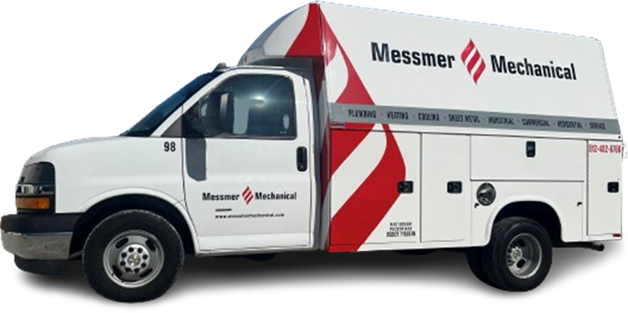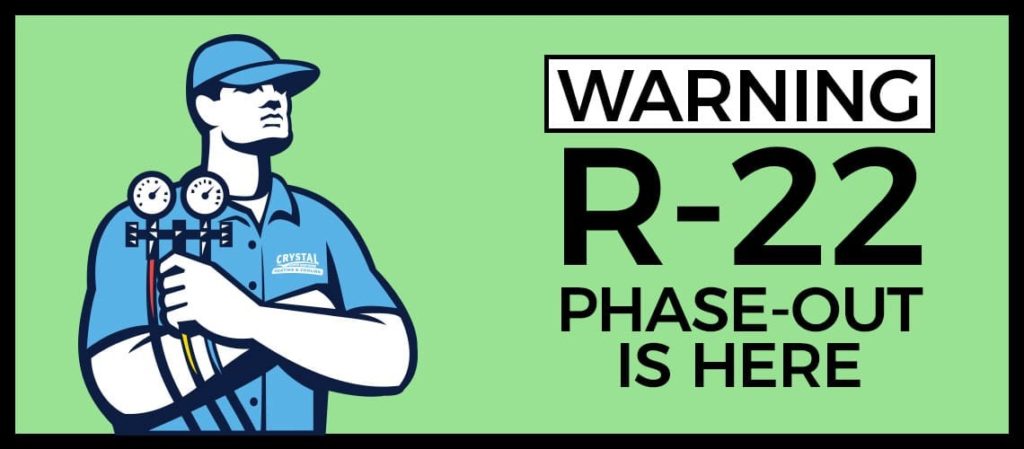This is a tale of two types of air conditioning systems. One built with R22 refrigerant. The other with R-410A.
A Little Refrigerant History
R22 and several comparable refrigerants contain Chlorine, Fluorine and Carbon – more commonly known as CFC or Chlorofluorocarbons. First developed for use in the 1930’s, CFC products were once ideal for commercial, household, and automotive use due to their non-toxic and non-flammable properties.
Then came 1973 when scientists discovered that the Chlorine in refrigerants like R22 was partly responsible for depleting the earth’s ozone layer. With that knowledge, world leaders banded together to study the problem and find ways to rectify it. The result was the Montreal Protocol, an international treaty signed in 1987 that launched the gradual phaseout of R22. It’s also worth noting that the treaty was signed by every nation on earth – the first and only time that’s happened in human history.
How the R22 Phaseout Applies to You
If your central AC system was built before 2010:
- It most likely contains R22 refrigerant.
- Starting in 2010, R22 manufacturing was permanently banned either for use in new system manufacturing or system refills.
- R22 has been replaced by R410-A, the non-ozone depleting product that provides additional benefits, including extended equipment life.
- As supplies of R22 continue to shrink, the refill costs are steadily rising.
- Recycled quantities of R22 were legal for re-charges through the end of 2019 – that doesn’t mean you can’t still acquire it. But if you can, you’re going to pay dearly for that banned substance.
Change isn’t always easy, and the switch from R22 to R410-A is a primary example.
Plan Ahead, and Replace Your AC System Now
If your AC system was built before 2010, not only is it likely charged by R22 (Freon refrigerant), it’s also well more than 10 years old – a time you should be thinking about system replacement anyway. By doing so, you will achieve three primary benefits:
1. You’ll contribute to an eco-friendlier environment.
2. You won’t have to face the prospect of an exorbitant Freon recharge, assuming your HVAC technician even has some available.
3. Older systems typically operate at no better than 60% energy efficiency. With a new high-efficiency AC system from Messmer Mechanical, you’ll save big time on your monthly utility costs -most likely enough to cover the cost of your new system.
To make matters easier, Messmer Mechanical offers convenient system financing for qualified applicants. So, get a close-up view of the future by contacting Messmer today, and we’ll help get you started into a whole new world of air conditioning comfort.






